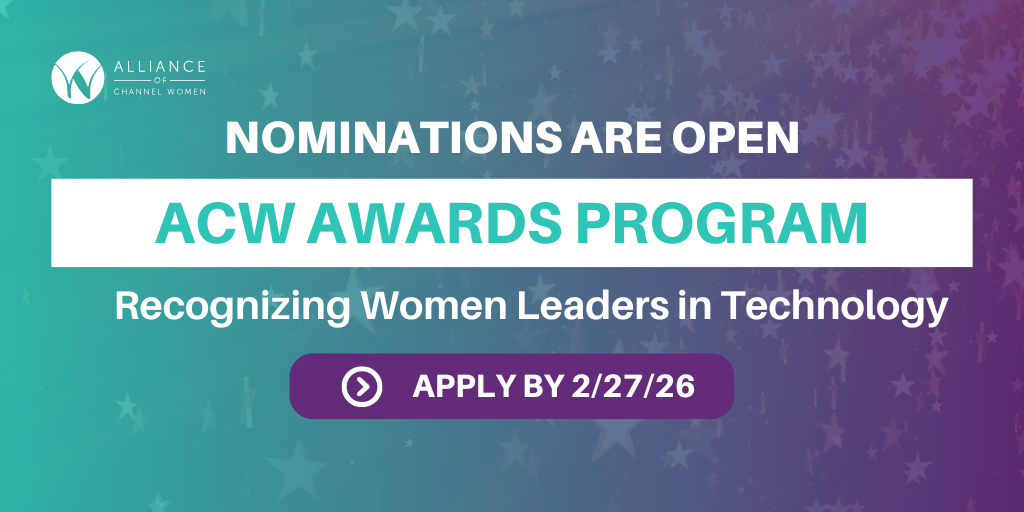By Angela Hefner
How do you deal with unwanted sexual advances in your work place and more importantly how does your company? This is a subject that I’ve been mulling around in my mind over the past couple of weeks
With our big industry trade show kicking off next month—and after reading Peter Radizeski’s blog about the ‘reckless behavior’ that he has observed at previous events—I wanted to learn what other women do to deal with and/or avoid this behavior at work functions.
Mind you, I am talking about unwanted advances. I am not naïve enough to think there aren’t women and men who attend these shows looking for a hook-up. I would like to assume that is what Peter was talking about in his blog. I am referring to situations where women are put in a position where they feel bullied.
I Asked Industry Women Three Questions
I sampled some of my coworkers and friends in our industry and asked these three questions:
- Has someone made a pass at you or touched you inappropriately at a work event?
- How did you handle it?
- Have you developed personal guidelines for dealing with, minimizing, or avoiding these situations?
First, nearly everyone I talked to had someone make a pass at them or touch them inappropriately at a work event. This also includes past work experience in different industries. I found that every time the person doing the harassing was a worker from a company they do business with on a regular basis.
Second, all but one woman I talked to didn’t directly call out the person doing the harassing. She usually responded by walking away from that person and even left the event. Others didn’t leave the event, but avoided that person for the rest of the time. And some relied on a coworker or friend to save them from the situation.
Lastly, almost everyone has set some personal guidelines. The most common guideline is to know your limits when it comes to alcohol. Mentally decide how many drinks you will have and stick to it. By not drinking too much, women are able to identify unwanted behavior before it gets out of hand. It also helps if something unpleasant occurs, no one can use their consumption of alcoholic beverages against them. Many women find if they alternate between an alcoholic drink and water they can pace themselves and stay in control. Some have even gone as far as asking a waitress to put water or diet coke in their shot glass when someone orders a round.
More importantly, many have developed a code word or have predetermined a buddy that will look out for them during an event. That way, if someone does get out of hand, the buddy will come into the conversation to help diffuse it. In extreme cases, they will even whisk her away to meet someone else. It is interesting to note that I spoke with some women who do not attend happy hours or cocktail events so they can avoid these situations altogether.
How Do You Diffuse These Situations?
While I love these solutions, I am concerned we don’t feel comfortable telling that person to their face they have crossed a line or their behavior is inappropriate. How did we get here? It should be acceptable to nicely and professionally call out this behavior. It should be acceptable to ask someone to stop without being afraid of business repercussions.
How much unwanted attention do you have to take or artfully dodge before you do something? Or ask your company to do something about it? We can quietly discuss this among ourselves, but it’s another thing to discuss an extremely sensitive subject out loud because it concerns a person or a company’s reputation. And sometimes is tied to big revenue dollars or deals in the works.
One thing is clear after talking with these women. There is no black and white answer. However, you don’t need to deal with it on your own. Now is the time to start a dialogue so that we can learn how others have addressed these issues. I think this can be accomplished by doing these three things:
- Have these conversations with your mentors and trusted advisers. Learning how to deal with these situations is just as important as knowing how to write a good resume. It’s unfortunately inevitable that you will deal with unwanted advances, demeaning comments, and inappropriate touching at some point in your career.
- Talk with your HR department and company leaders about this subject. Most companies address workplace harassment when it involves their own employees. But how do they address and protect their employees from harassment outside of their paid staff? In our industry, most of us work with several partner companies which creates many more opportunities for an employee to experience harassment.
- If you don’t have guidelines in place or if you don’t know how your company will support you in these situations, now is the time to ask. Let them know what you have dealt with in the past. They have no idea what you’ve gone through, if you never say anything. If your company doesn’t have formal guidelines in place for how to deal with this type of harassment then perhaps you can volunteer to make recommendations, create a workshop, or at least start the dialogue.
- Continue to find ways to teach and talk about how to deal with unwanted advances with the young women and men in your lives. These are skills that our youth need to learn early and use right now.
Until we can have these conversations without feeling like our jobs are in jeopardy, we cannot emerge as a unified channel. We need to look out for each other as women, but also know there are men in our industry who have been affected by sexual harassment as well. They may also have a sister or daughter who has been a victim of these crimes and are willing to step in to help diffuse these situations.
Have you experienced these issues at an industry event? How have you handled them? What advice would you give women, and men, to protect themselves from unwanted advances?

Angela Hefner is a director of partner support with Telarus, Inc. In this role, Angela manages the Southeast partner support team as well as focuses on strategic partner and carrier relationships in the Southeast region. She spent the last five years building and developing the partner support department and processes within Telarus. With 15 prior years of construction equipment sales experience, she is uniquely qualified to help Telarus agents win more business. Angela has been a member of Women in the Channel for five years and has served on both the Membership and Sponsorship Committees. You can contact her at ahefner@telarus.com.

